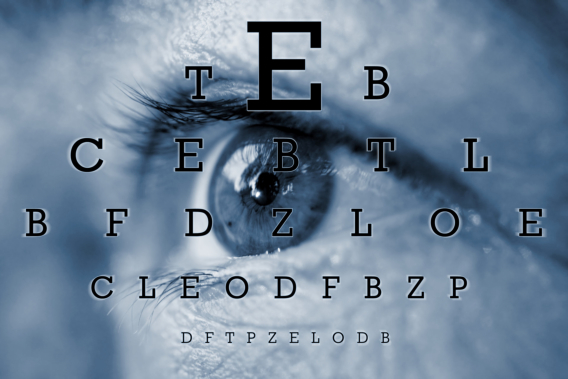
Studies show that one in three seniors experience some form of an eye condition that impairs vision by age 65. Some people have problems seeing at night or viewing objects up close. These are normal vision changes that don’t limit the ability of a person to live independently. However, an eye disease can decrease a person’s ability to do activities and increase the risk for depression for elderly adults who are already isolated. Below are the common eye diseases that often affect seniors:
Glaucoma
This eye disease occurs when the eye cavity experiences too much pressure causing damage to the optic nerve. And the sufferer experiences pain and vision loss to side or peripheral vision. A lot of seniors who are at least 70 years old acquire this eye disease and often without symptoms until the nerve damage has taken place. There is currently no cure for glaucoma; however, sufferers can take advantage of available pharmaceutical and surgical treatments meant to slow the disease’s progression and relieve the discomfort it may come with.
Cataracts
This eye disease can arise because of other eye diseases; however, it often develops with age. Indeed, people who are 65 years old may develop a cataract. Because of this disease, a senior may experience clouded vision. Although these do not cause any pain, cataracts can impair color perception and produce glare and the sufferer may become totally blind with untreated cataracts. Medical eye drops are available to treat mild cataracts; however, advanced cataracts that impair a senior’s daily living must be surgically removed.
Age-Related Macular Degeneration (AMD)
This eye disease affects millions of people more than glaucoma and cataracts combined. This incurable disease is caused by deteriorating macula which records the images a person sees and sends them through the eye’s optic nerve to the brain. This central part of the retina focuses central vision in the eye. Seniors who experience AMD may initially complain about blind spots in objects they are looking at. Since the disease affects the ability of an elderly person to judge his/her surroundings, it puts him/her at risk of driving accidents, falls and medication mistakes. Treatment for AMD is focused on slowing and controlling the progression. Also, home health care may be an option for the sufferer to ensure assistance is available for him/her.
Diabetic Retinopathy
Diabetic retinopathy is caused by damage of the retina’s blood vessels because of diabetes. Symptoms of diabetic retinopathy include blurred vision, dark spot in the center of vision and seeing spots. Most of these symptoms occur when the disease has progressed. When detected early, this disease can be treated. Treatments include surgical procedures and medication injections.
Poor vision increases a senior’s risk of falling and makes its challenging for family members to manage underlying conditions. New Horizons Home Healthcare is a provider of healthcare in Marion, Indiana that can help seniors seek early treatment for their vision problems. Call us today at 765-662-9751.
Disclaimer
Blogs, content and other media uploaded online are for informational purposes only. Contents on this website should not be considered medical advice. Readers are strongly encouraged to visit their physician for health-related issues.





